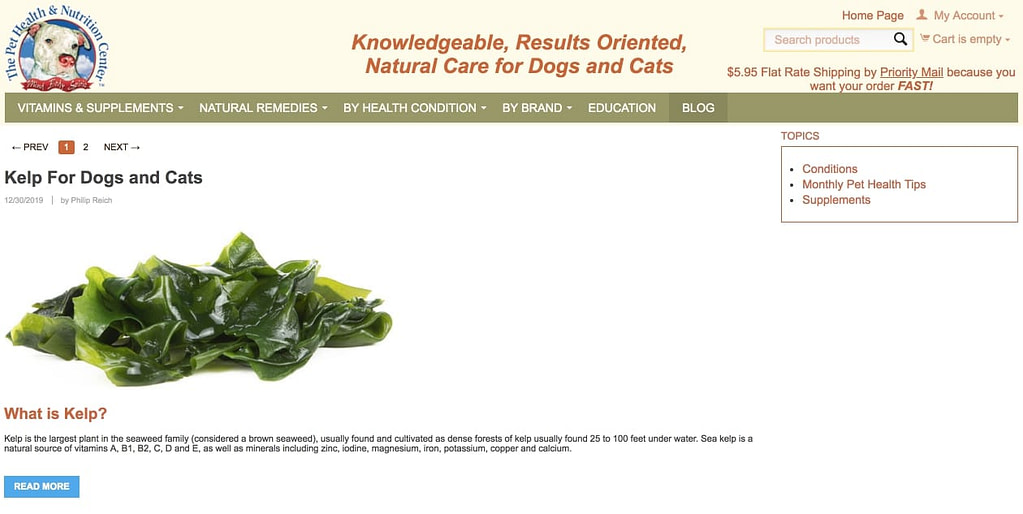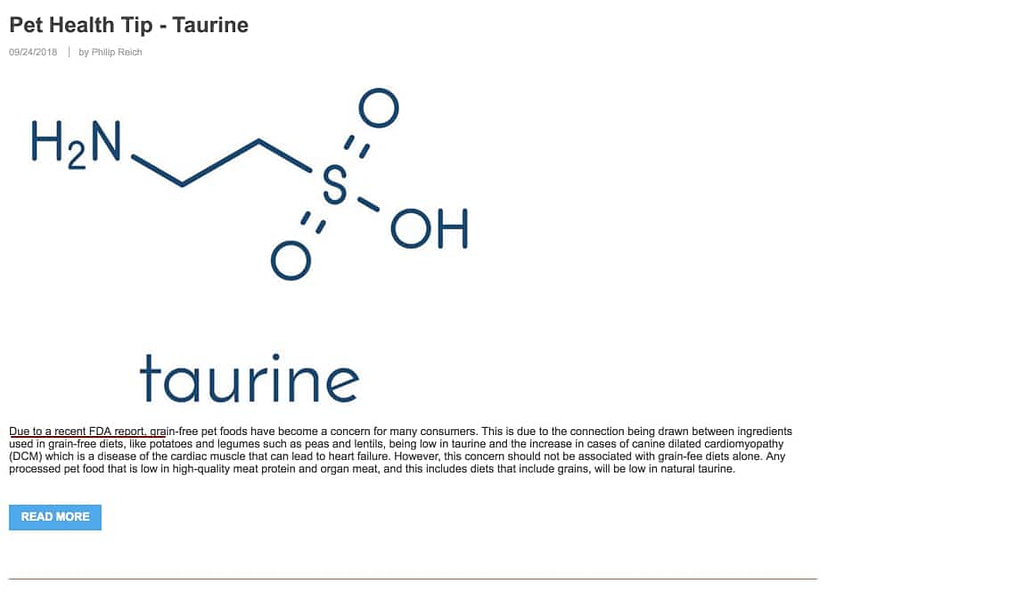eCommerce is a fierce playing field, and if you want to enter this game, get ready for a tight competition.
Just offering great products paired with equally great prices is no longer enough to attract potential customers. As an entrepreneur, you need to become more resourceful to get your brand noticed by your target audience and bring the traffic to your website.
Running a blog is the next thing to consider as a potential marketing strategy for your online store development. But don’t be too quick to think of it as hours of unnecessary work and effort that won’t markedly impact your business.
In this post, you’ll learn that a blog is not just a bunch of articles attached to your business but a powerful tool you can utilize to bring customers to your store.
There are three ways a blog dedicated to your eCommerce website can help you get closer to success.
SEO: Your Customers will Find You
Creating an online store is a pretty achievable task for an individual with any background. It is bringing the traffic your store needs that can be extra difficult.
Uniqueness
In an eCommerce site, most of its content comes from the product descriptions that are given by the manufacturer. This makes it hard for search engines to rank your site according to its value, authority, and uniqueness.
If your brand itself manufacture your products, chances are other sites that you sell on will simply copy your product descriptions. Therefore, it’s always best, not to say, safe – to try and have unique content on your website, and that is how blogging can help you. With blogging, you can provide search engines with other unique content that they will use to evaluate your site’s value.
Keywords and Indexing
When a business creates blog posts consistently, they are constantly providing Google, Bing, Yahoo and the others with fresh content to index.
This is also an opportunity for businesses to insert those relevant keywords that consumers will use to search for the types of services or products that the business offers.
Brand Authority: Your Customers will Trust You
It’s only natural that customers are likely to go with a brand that is experienced and knowledgeable about what they are offering to the public.
Having an eCommece blog enables you to introduce your new products and discuss them further in your blog posts.
Besides, it lets your customers know how broad your understanding of your niche is as well as the needs of your customers.
Regardless of your products or services, customers always feel more confident with merchants that display great knowledge in their respective fields. Thus, showcase your expertise and knowledge through your blog. Make your customers see that your brand can be trusted with the type of product or services that you are selling.
Over time, writing regularly helpful and informative blogs will make you the “go to” tool within the industry in your particular niche, leading to more inquiries and higher conversion rates.
Read More:
10 Ways To Build Trust In ECommerce
Lead Generation: Your Customers will Buy From You
Blogging can help you build brand authority the same way it can help in generating leads. A well-written blog that demonstrates just how much you know your products, industry, and customer base greatly contributes to increasing the trust of your customers to you. The more your customers trust you, the more they are compelled to visit your site repeatedly.
Social Sharing
One of the most powerful benefits of blogging is the opportunity it creates for others to share the link to your blog.
This creates the potential for viral traffic and new leads.
Call-to-action
Eventually, those recurrent visitors and even non-recurrent ones can turn into leads. You just have to ensure that there is a visible call-to-action in your blog site. For example, something as easy as email subscription already has a huge potential in turning your blog into a lead generator. This can also provide your customers with an easy way to contact you when they want to make a purchase.
Blog Examples from Successful Brands
Now let’s take a look at real-life examples of how our clients successfully implement their blogging strategy.
The Japanese Shop
The Japanese Shop sells authentic Japanese gifts in the UK. They made it their mission to promote Japanese culture and spread the knowledge among the British audience through their blog articles.



The company chose to effectively utilize the social proof strategy and customized the blog layout accordingly. They added social proof statistics (number of views, likes, and comments) to the article page. This adds transparency and stimulates the readers’ interest.



The Japanese Shop takes the most of their crafted content and inserts call-to-action at the end of each blog post, like visit our store or subscribe, in order to generate new leads for their online store.



Pet Health and Nutrition Center
Pet Health and Nutrition Center sells vitamins and supplements for dogs and cats. The traffic they get into the store comes mainly from an organic search. Pet owners type in questions they need answers to in Google and land on the educational articles about the nutritional needs of their pets.



In fact, this is a great example of building a strong brand authority by providing well-research content backed up by scientific reports and authority references.



Bottom line
As we have demonstrated to you today, a blog can be a great addition to your internet marketing campaign. It is very effective in generating traffic, improving your online reputation, increasing your brand awareness, and developing your online authority.
CS-Cart platform has built-in functionality for running a blog in your shop: creating and managing blog posts and reviewing customer comments. But if you want the default blog layout and settings to align more with your specific business requirements and your audience’s behavior and interests, you can always contact our team for modification service.
Build it and they will come.

